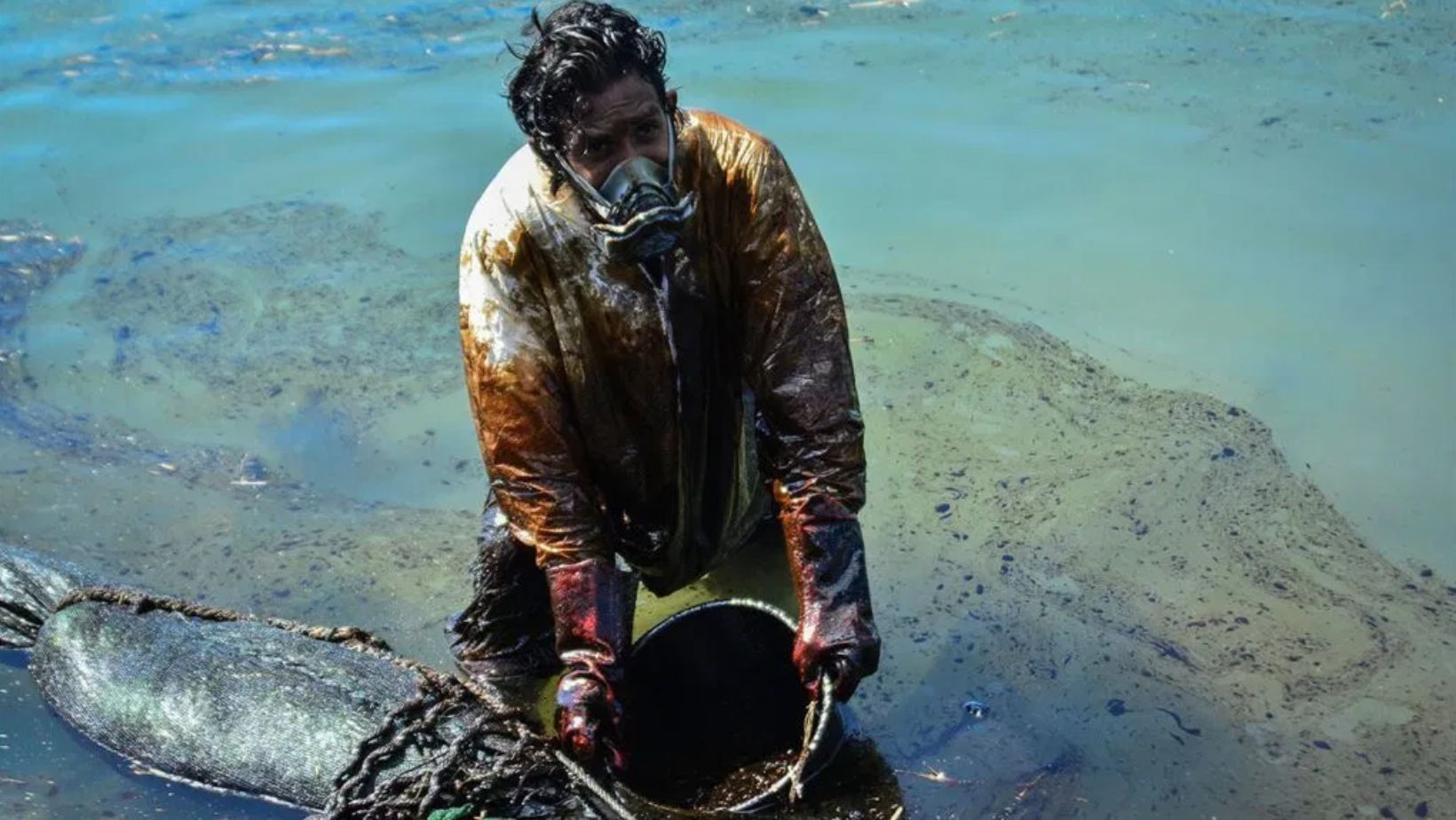What Are the Short and Long-Term Health Effects of Exposure to Contaminated Water
Imagine a scenario in which the water you bathe, shower, cook, and drink has become contaminated. How would that change your life? It’s a scary thought that many people face every day. According to the World Health Organization (WHO), more than 2 billion people lack access to clean drinking water—and even those with access struggle with sanitation issues like sewage-contaminated drinking water.
You might think this is a story of developing countries, and it is true. However, even the people of America lack access to safe drinking water. According to a post published on the Washington Post website, over 2 million Americans lack access to safe tap running water.
The reason behind this water contamination is that it takes significant infrastructure investment for a community to maintain its water sources. Even if there are pipes leading into your home, they may not be working correctly or regularly inspected by local authorities. When an outbreak occurs in such an environment, it can quickly spread through entire regions as people continue using contaminated water sources without realizing there’s anything wrong with them. Such contaminated water can lead to various short and long-term health conditions.
Short-Term Health Effects of Exposure to Contaminated Water
The bacteria, viruses, and chemical substances in contaminated water can lead to numerous short-term health effects. If the contamination level is low, these health problems can subside over time. But if the levels are higher, short-term health problems can develop into long-term conditions.
 Stomach Pain
Stomach Pain
Exposure to contaminated water can lead to stomach pain. Many people don’t realize that the stomach pain they feel after drinking contaminated water is caused by the bacteria in the water. Some strains of bacteria are harmless and can even benefit your health, but some strains can cause severe infections that may require hospitalization.
Exposure to contaminated water can lead to stomach pain. In fact, it’s more likely that you’ll get stomach pain from drinking contaminated water than from the contaminants themselves. When you drink contaminated water, you swallow many germs and bacteria in the water, such as salmonella and E. Coli.
Your body doesn’t like this and sends white blood cells out to fight the invaders. These white blood cells swell up and release chemicals that cause inflammation in your stomach lining. This inflammation is what causes the pain.
Diarrhea
Diarrhea is the most common short-term health effect of exposure to contaminated water. When you have diarrhea, your body tries to eliminate something that shouldn’t be in it. This can happen if you drink or eat something that contains harmful bacteria or viruses and they enter your stomach and intestines. Diarrhea occurs when the lining of your intestines gets irritated and inflamed due to a foreign substance, like contaminated water.
A study published on the National Center of Biotechnology Information website shows diarrhea is a common outcome due to drinking contaminated water. The study was conducted in a real housing estate in the Netherlands that was exposed to contaminated water. Samples of 921 households from the exposed estate and 1529 households from the adjacent estate were taken. It was concluded that people from the exposed households were over 54% likely to get diarrhea, whereas people from the adjacent area had only 24% risk.
If you experience diarrhea after drinking or coming into contact with contaminated water, you need to take steps to stay healthy until the illness passes:
Long-Term Health Effects of Exposure to Contaminated Water
Exposure to contaminated water usually doesn’t have any significant short-term effects. But this is what makes it more hazardous. It can have long-term effects, the symptoms of which might not be visible until it gets complicated. Here are some long-term effects of consuming contaminated water.
Cancer
Two types of cancer can be caused by exposure to contaminated water:
- Leukemia: Chronic lymphocytic leukemia is the most common type, but other types include acute myeloid and acute lymphoblastic leukemias. It is a type of blood cancer. People with chronic lymphocytic leukemia often have anemia and may experience symptoms like tiredness, fevers, weight loss, or night sweats.
- Lymphoma: As the name implies, it is a form of cancer that affects the lymphatic system. It can affect many different organs in the body and is usually treated with chemotherapy drugs that target cancer cells while leaving healthy cells alone.
One of the typical examples of this is the Camp Lejeune water contamination. Between August 1953 and December 1987, veterans, their families, and others residing at Camp Lejeune were exposed to contaminated water, leading to many health conditions, including different types of cancer, such as Hodgkin Lymphoma, cervical cancer, breast cancer, etc.
There’s a lawsuit for the same where those suffering from any disease after being exposed to the contaminated water can claim compensation. Hence, if you or a loved one is facing any issue due to that, you can file a Camp Lejeune Water Lawsuit. Find a reliable lawyer who can walk you through the lawsuit process and help you collect the evidence that allows you to claim the compensation easily.
 Liver and Kidney Failure
Liver and Kidney Failure
Contaminated water can lead to liver and kidney failure, especially if there’s copper or lead present in the water. The liver is the body’s main organ for processing chemicals, including copper and lead.
If you have a lot of copper or lead in your body, it can build up in the liver and kidneys, causing damage to those organs. This may cause inflammation of the kidneys (nephritis), which can lead to kidney failure if not treated immediately with dialysis or a transplant. If you have too much copper in your system for an extended period, it can also cause liver cirrhosis (a condition where scar tissue replaces healthy cells).
Congenital Disabilities
Congenital disabilities are a long-term health effect of exposure to contaminated water. Congenital disabilities can occur when a pregnant woman is exposed to toxic chemicals and heavy metals in the environment. Examples of congenital disabilities include:
- Down syndrome
- Autism/Asperger’s syndrome
- Cleft lip or cleft palate
- Spina bifida
The causes of congenital disability may differ for everyone, but several environmental factors can make you more vulnerable to these diseases. For example, if your mother drank contaminated water while pregnant with you or if she was exposed to toxic chemicals at work during her pregnancy, this could increase your risk for developing a disease such as autism spectrum disorder or Down syndrome. In a recent study on more than 1 million offspring, those whose mothers drank water contaminated with arsenic were at a higher risk of developing congenital diseases.
You might also be at risk if your mother drank well water containing high arsenic or nitrates before she became pregnant. These substances can damage DNA during fetal development and cause congenital disabilities like spina bifida in infants later in life.
Conclusion
The health effects of contaminated water are severe and can have a long-lasting impact on your body. If you suspect you may have been exposed to contaminated water, seek medical attention immediately. If possible, avoid drinking water from an unsafe source or boil it before use.


 Stomach Pain
Stomach Pain Liver and Kidney Failure
Liver and Kidney Failure

